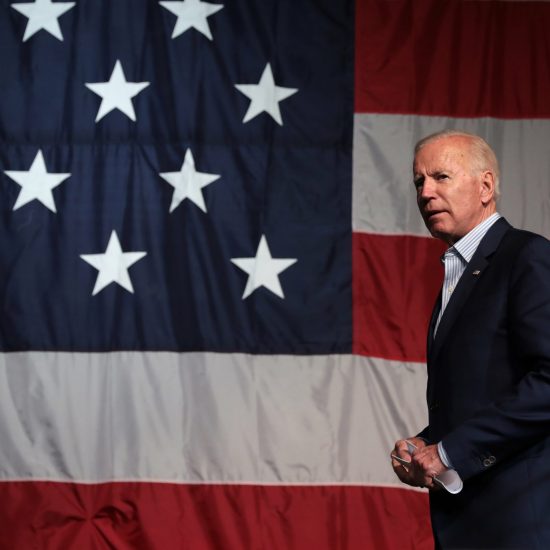Luis Miguel Hincapié, Panama’s deputy foreign minister, responded with a letter blasting Gurría for making “allegations and insinuations whose falsity is easily demonstrated.” He said the Panama Papers were being used to “distort the facts and tarnish the reputation of the country.”
As pressure grew from media and governments around the world, Panamanian officials shifted to a more conciliatory stance.
On April 19, President Varela announced Panama was willing to join an OECD-sponsored initiative that encourages members to share information with other nations trying to track offshore tax dodging. Hincapié headed to Paris in May to discuss the details.
The OECD praised the deal as a sign Panama was stepping up to join the fight against offshore-fueled corruption.
But in a country where top-drawer lawyers move freely between high government posts and law firms selling secrecy-cloaked shell companies, bringing lasting change to the offshore industry is a challenge. The revolving door between Panama’s government and its shadow economy has prompted some critics to refer to President Varela’s top advisers as his “offshore cabinet.”




